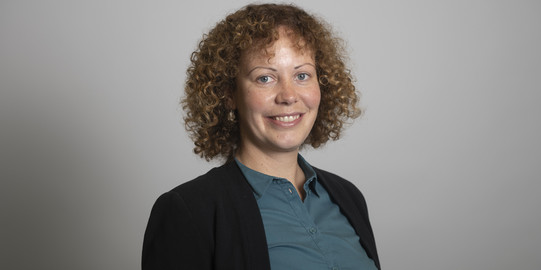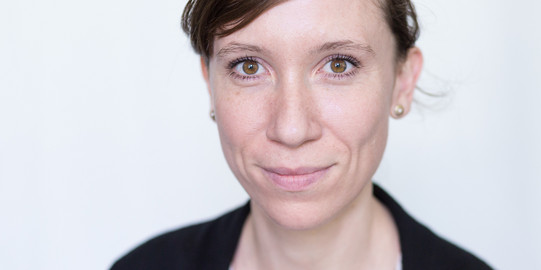Parallel Virtual Semester Zero at Universities in NRW – Learning-Theoretical Evaluation
In the collaborative project, TU Dortmund University, University of Wuppertal and RWTH Aachen University develop a “Parallel Virtual Semester Zero at Universities in North Rhine-Westphalia (beVinuS.nrw)”. This should enable students to refresh and expand their scholastic competencies in a targeted manner through digitally supported teaching and learning opportunities in parallel to their studies their studies with the goal to enhance study success and prevent students from dropping aus. Within this joint project, the IFS is responsible for the evaluation of these teaching and learning opportunities based on learning theory.

Project description
Young people entering higher education often bring different levels of competencies from school. To study successfully, however, sound school knowledge is an essential prerequisite. This is where the beVinuS.nrw project comes in: TU Dortmund University, together with BU Wuppertal and RWTH Aachen University, will develop digitally supported teaching and learning opportunities that will enable students to check their level of competence using digital self-tests and to acquire or refresh the competencies required for the respective degree program through digital supplementary courses in parallel to their studies.

The aim is for the courses to be credited as additional academic achievements, so that the supplementary courses can be used neutrally with respect to funding via the Federal Training Assistance Act (BAföG).
The task of the IFS is to accompany the project from the perspective of learning and motivation science. For instance, the digital teaching and learning opportunities will be evaluated through surveys and interviews with students and instructors as well as analyses of the actual usage behavior of different target groups in order to optimize the offers and their use. In addition, the extent to which the offers lead to the desired learning successes among students will be examined. As learning motivation and self-regulation play a central role for the use of digital study offers, the motivation to use the offers will also be investigated and ways to promote motivation and self-regulation will be tested.
Lead researcher at IFS
Project team
External project partners
- Prof. Dr. Aloys Krieg (PI beVinuS.nrw RWTH Aachen University)
- Prof. Dr. Wiebke Möhring (PI beVinuS.nrw TU Dortmund University)
- Prof. Dr. Andreas Frommer (General PI beVinuS.nrw & Project Lead BU Wuppertal)






![[Translate to English:] [Translate to English:]](/storages/ifs-ep/_processed_/8/5/csm_AdobeStock_412860748_9a2dbb816c.jpeg)

